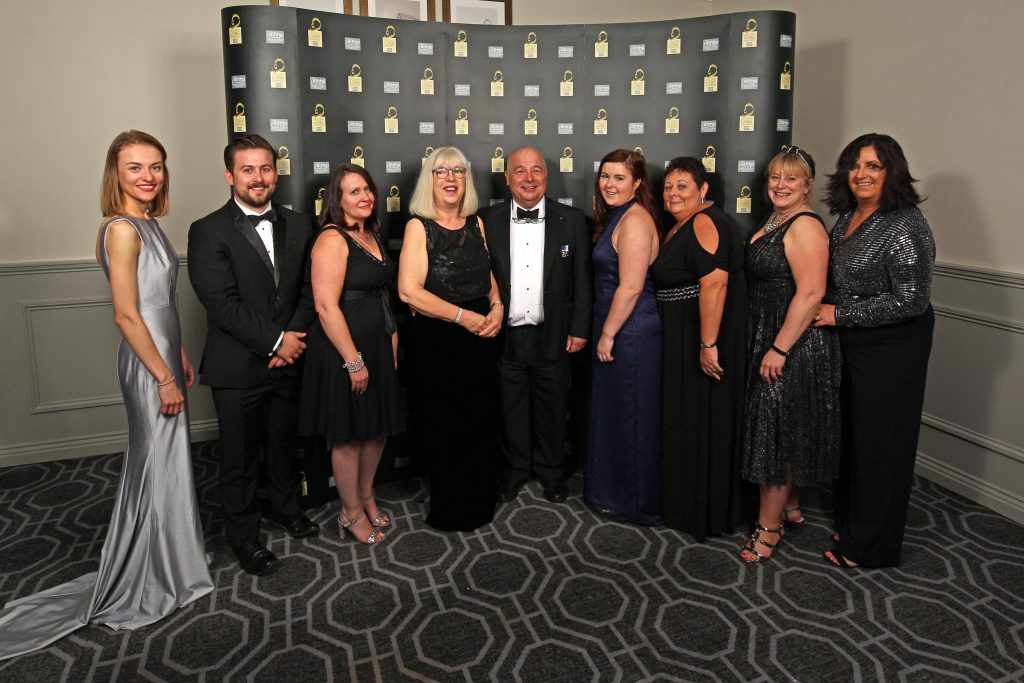Latest News

Tinnitus Week 2025: Understanding Tinnitus and How We Can Help
HAS2024This week marks Tinnitus Week in the UK, an important opportunity to raise awareness about…
Christmas Opening Hours
HAS2024Please note, the above hours are for our Carmarthen clinic. Our Haverfordwest, Llanelli & Cardiff…
Our Cardiff clinic will be closed partially next week
HAS2024Our Cardiff clinic will be closed Wednesday 27th November & Thursday 28th November. We’re sorry…
Carmarthen Closed Tomorrow
HAS2024We are unfortunately closed in our Carmarthen clinic tomorrow (Friday 16th August 24) for our…
We’re the first independent clinic in WALES to reach over 500 5-star reviews!
HAS2024Super proud to be the first independent audiology practice in WALES to achieve over five…
Earwax removal price reduction!
HAS2024Earwax removal price reduction. Due to the stabilisation in the price of our single-use equipment,…
The 2024 Which Report for Hearing Aids
HAS2024The 2024 Which Report for Hearing Aids Best hearing aid providers 2024 Choosing the right…
How To Know When It’s Time To Get New Hearing Aids
HAS2024Hearing aids are invaluable devices that empower individuals with hearing loss to engage fully in…
RNID Survey reveals over a quarter of deaf people are ignored in public
HAS2024Deaf Awareness Week (6-12 May) revealed major new research from an RNID survey on the extent…
Hearing Tests in Pembrokeshire: A Family-Run Practice with 20 Years of Experience
HAS2024A Family Affair Welcome to Pembrokeshire’s premium destination for comprehensive hearing care services. At our…
